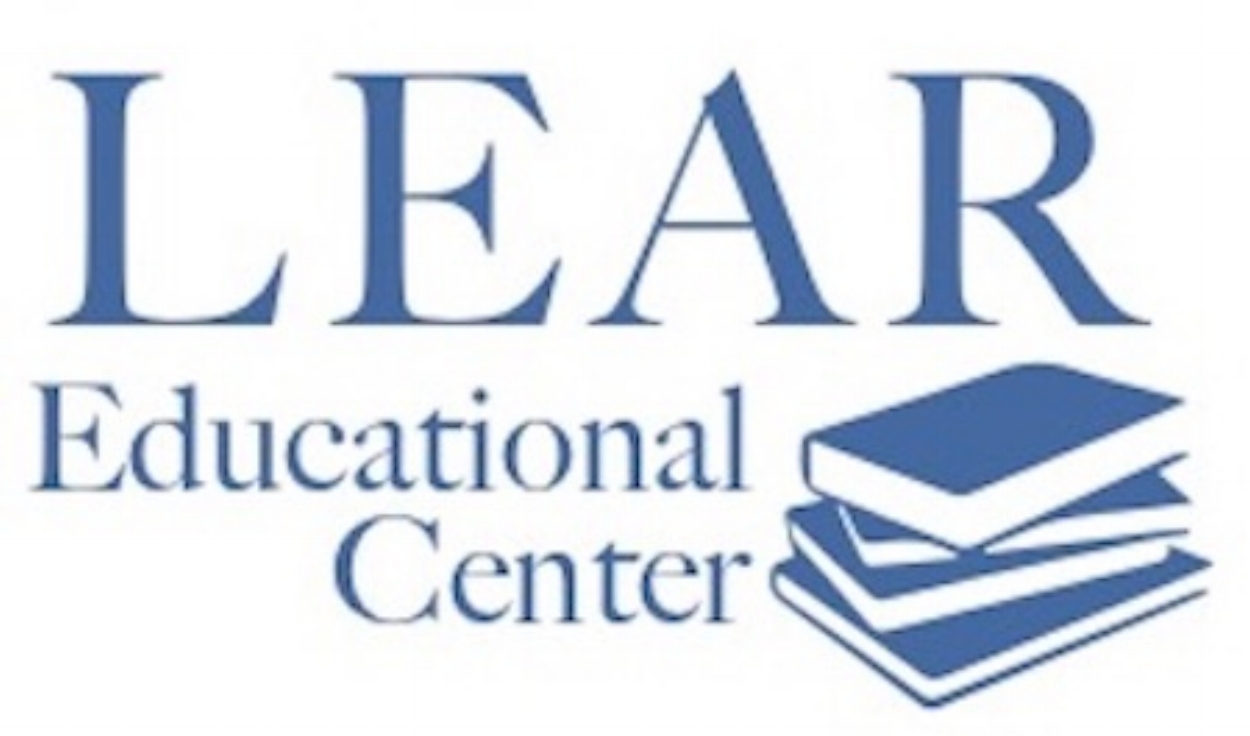Auditory Processing Disorder – Hearing, Yet Having Difficulty Interpreting the Sounds
/Students with Auditory Processing Disorder may listen attentively, but not be able to take in and process the information. They may have normal hearing, yet they have trouble registering and making sense of what they are hearing. Because they fail to understand, they don’t appropriately respond to or remember what they hear. This makes it difficult for the students to maintain interest, pay attention and focus on incoming sounds. They have difficulty following spoken directions as they miss words or improperly interpret what was said. They become confused.
Students with Auditory Processing Disorder (APD), also known as Central Auditory Processing Disorder (CAPD), most often have normal hearing and normal intelligence. APD is a disorder of interpretation of sounds. When sounds can be effectively communicated to these students, they are able to understand and respond to them. They are able to learn.
An estimated 5% of students have Auditory Processing Disorder. These students usually are not diagnosed with APD until around age 7, an age of maturity at which they can more effectively participate in testing by an Audiologist. If a child does not receive remedial intervention until age 7, he may experience significant learning delays. Although the Auditory Processing Center continues to develop and mature into the teen years, these students are at risk for falling behind or missing valuable education in the meantime and into adulthood if the Auditory Processing Center doesn’t mature to normalcy. Students with APD have a weakness in basic skills for decoding language, a skill which most children develop naturally. A weakness in auditory discrimination leads them to fail to notice or distinguish between distinct and separate sounds. This leads to difficulty with communication, reading, writing, spelling, and learning in general. They have difficulty following directions as they miss things in conversation or improperly interpret what was said.
Students with APD find it difficult to follow conversations. They often fail to express themselves clearly and they often speak using incorrect phonemes when pronouncing a word. This is because their Auditory Processing Disorder hinders the appropriate sequencing and understanding the order of sounds and syllables. They have trouble rhyming because they tend to focus on the beginning of a word and don't detect that certain words are ending with the same sound.
Students with Auditory Processing Disorder often have difficulty with background noise interference. They may fail to pick out a voice clearly enough to be able to focus on and understand the main speaker. This may cause frustration and loss of interest in what is being said. They may have difficulty understanding lyrics with music in the background.
Students with Auditory Processing Disorder require educational programs which accommodate and compensate for their learning difference.
Lear Educational Center specializes in teaching students with learning differences. We provide systematic, intensive, individualized instruction designed to meet their needs. We interface with schools, working with the curriculum appropriate for each student. We accommodate and compensate for learning differences, helping students meet IEP and remediation goals.
Our one-to-one tutoring programs foster enthusiasm, comprehension and retention. They feature:
• Multi-sensory teaching (sight, hearing, touch and movement) to encourage and maintain interest. • Visual, spoken and written explanations of concepts which assist the students to image and verbalize the reasoning of the concept.
• Gradual introduction of new concepts and skills with frequent review so as to enhance recollection of prior learning and promote mastery of basics. • An emphasis on comprehension and retention so that students can effectively progress through more complex levels.
• Teaching learning skills, techniques, and strategies which enable the students to better adjust, compensate and accommodate for Auditory Processing Disorder.
We use programs that are widely acclaimed for their success in teaching students with learning differences. These programs include Lindamood-Bell, Saxon, Wilson and Orton-Gillingham.
At Lear Educational Center we provide one-to-one academic coaching and individualized tutoring on all levels, primary through college, for most subjects and for most standardized tests. Our students learn foundational skills and strategies so that they can better understand their current coursework and meet the challenges of tomorrow.
Lear Educational Center - providing tutoring services to students from Allentown, Bethlehem, Easton and the Greater Lehigh Valley since 2000



































